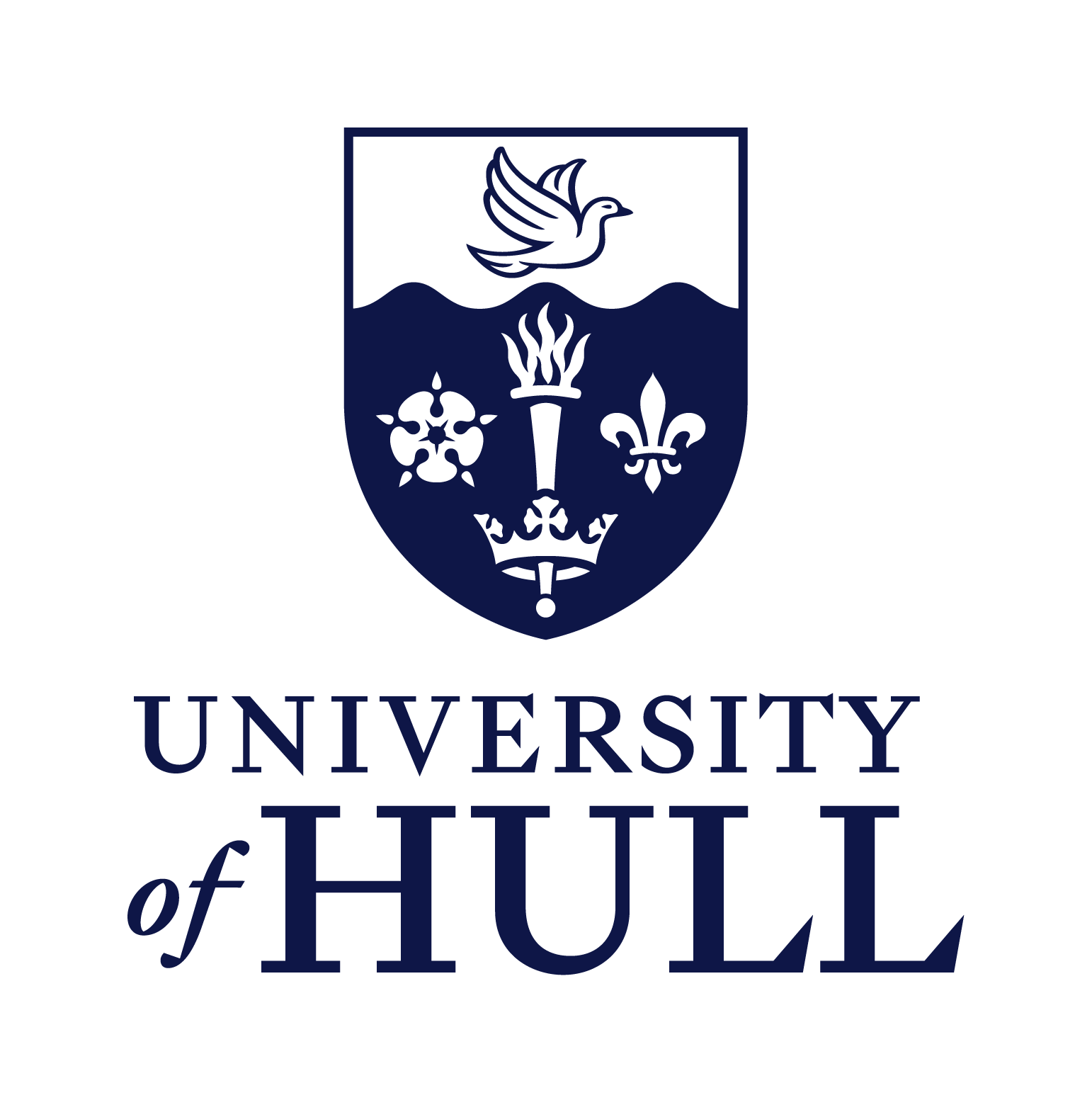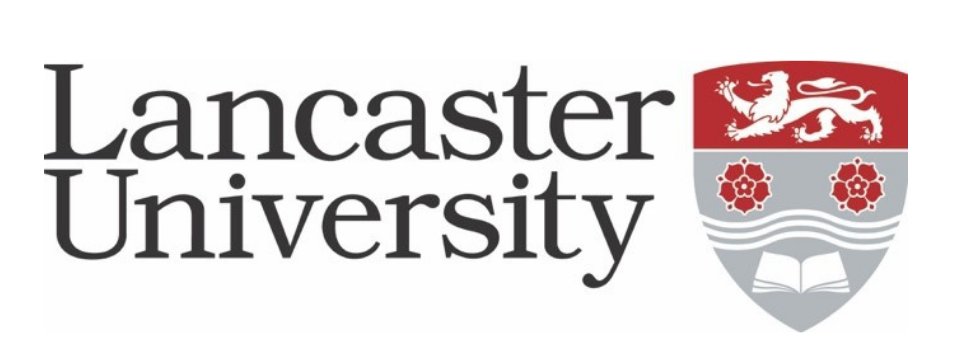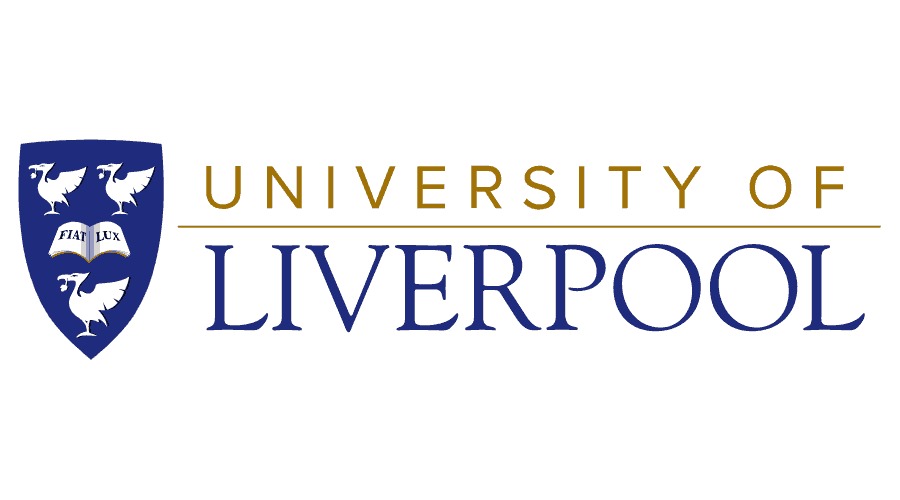Things You Should Know About the UK

Discover UK
Ranked 2nd in the world in science and research, the UK is home to leading technology, equipped with the latest state-of-the-art laboratories, auditoriums, and online learning.
As the centre of quality education and research, the UK is the heart of international students, with over 500,000 international students enrolling each year in universities. In 2018, there were over 450,000 internationals accounted for, which made up almost 19,6% of the total student population in the UK. International research collaboration makes up 55.2% of the research and publications published in the UK.
Generally, courses in the UK are shorter compared to other countries. Undergraduate degrees last 3 years while postgraduate degrees last from 1-2 years. There are many reasons why studying in the UK is a GREAT choice for you, we compiled the top four reasons why you should study in the UK:
- High-Quality Education (experience the latest state-of-the-art laboratories, auditoriums, and online learning).
- Global English, Global Connections (continued engagement with alumni and alma mater lets you be in close contact with people from various backgrounds, making networking much easier).
- Multicultural Living and Learning (In 2018, there were over 450,000 internationals accounted for, which made up almost 19,6% of the total student population in the UK)
- Graduate Route (international students are now able to stay in the UK for 2 years (UG and PG programmes) or 3 years (PhD programmes) after graduating. Take this opportunity to kick start your career and work alongside teammates in some of the most reputable companies in the world)
The UK is comprised of 12 regions, during your study there are many places you can visit and explore. Here are some attractions located in the cities of our university partners:
Bradford
Bradford is a city with a rich industrial heritage located in West Yorkshire. It rose to prominence during the 19th century as the heart of the textile industry in the country, earning it the nickname "Wool Capital of the World."
Bradford has developed into a multicultural city with a thriving arts scene, highlighted by the National Science and Media Museum, which celebrates the city's role as one of the pioneers in photography and filmmaking. The museum houses the world’s earliest known surviving negative, the earliest television footage, and the camera that made the earliest moving pictures in Britain.
The city is also famous for its stunning Victorian architecture, exemplified by landmarks like the Bradford City Hall and St. George's Hall. Moreover, Bradford also has a vibrant food culture, where its Asian restaurants have garnered a reputation as some of the finest in the UK. Bradford is renowned for its delectable curries, earning the title "Curry Capital of the UK." for six years in a row.
Bristol
Located in the Southwest of England, Bristol has a strong reputation as being creative and multicultural, as well as being the centre for fun events. The Stokes Croft, located just outside of the city centre, is the most vibrant district in the city. You’ll Expect to see lots of street art, independent stores, and plenty of quirky places to eat.
Bristol is also famous for its International Balloon Fiesta, it is Europe’s largest annual meeting of hot air balloons, attracting over 130 hot air balloons from across the globe. Held over in August for four days at Ashton Court Estate, the event is completely free. It is a sight that can only be seen in Bristol.
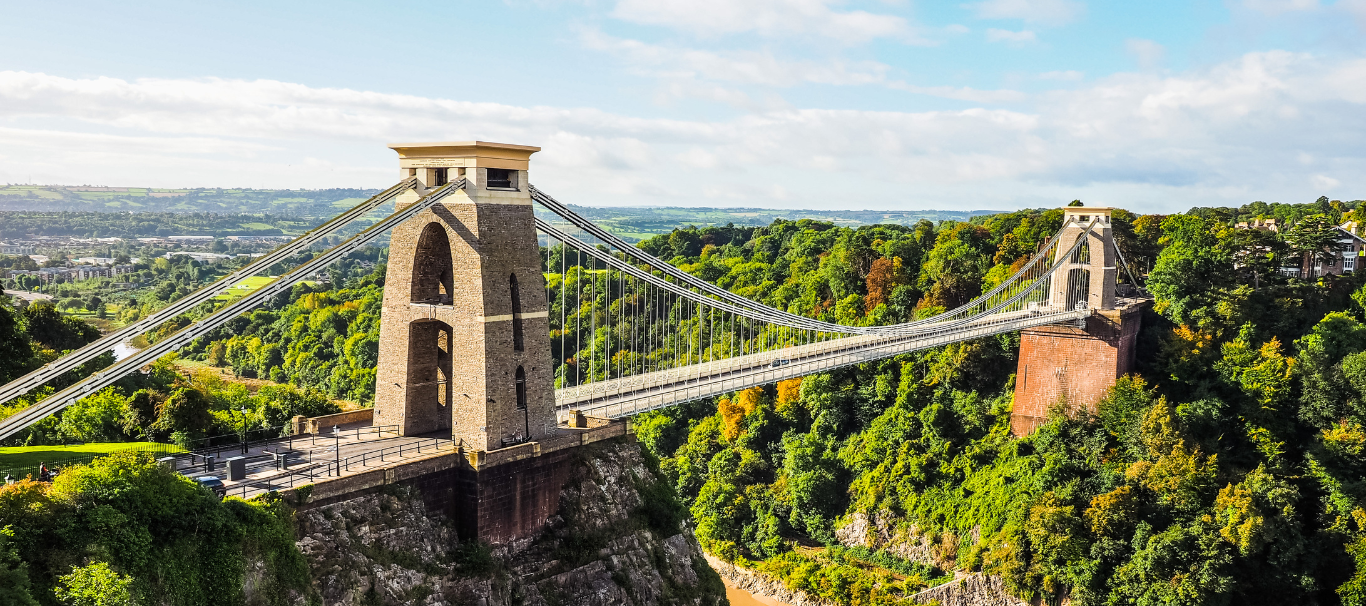
Derby
Derby is located in the county of Derbyshire. Situated in the country's centre, Derby is a great place to visit for its rich cultural history and as a starting point for trips to the nearby Peak District. Derby is well-known for its significant role in developing the British industrial revolution and is also home to many exciting attractions. This city, home to the working class, was the core of the British industrial revolution, and many of its old industries and mills are still operating today.
The brand-new Museum of Making is one place you shouldn't miss as this museum shows the 300-year history of making in the area and celebrates its long history of innovation. The Museum of Making sits on the site of the historic Derby Silk Mill, which was constructed over 300 years ago and is widely regarded as the site of the world’s first modern factory. This new visitor attraction is also located in the Derwent Valley Mills UNESCO World Heritage Site, one of the most critical places in the industrial revolution.
On top of that, the Derby Arboretum or also known as Arboretum Park and The Arboretum is famous for being England’s first public park and inspired the design of New York’s Central Park. What’s more, Derby has its Cathedral that has the second-highest perpendicular church tower in England, which can be seen from all throughout the city.
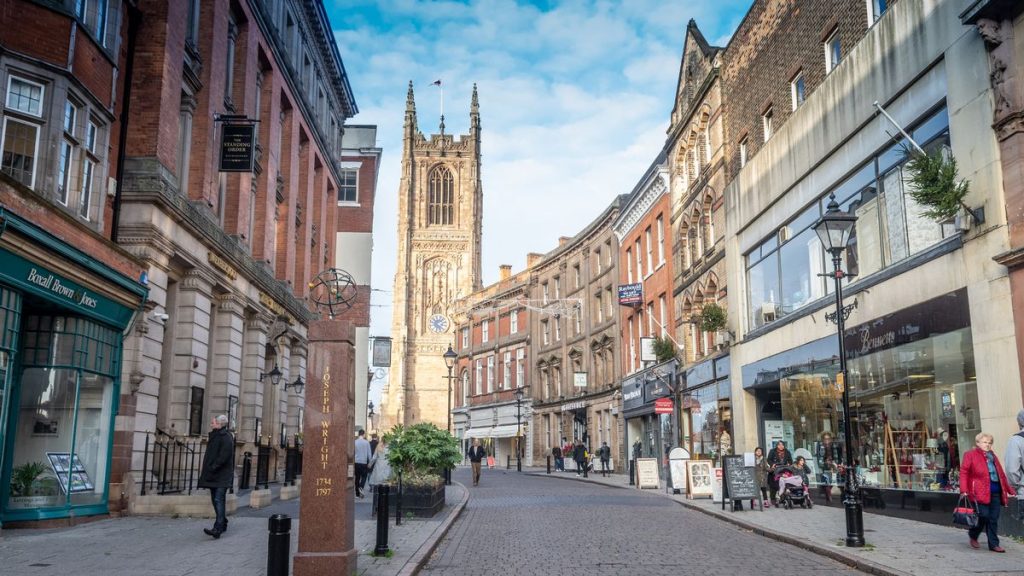
Glasgow
As the largest city in Scotland, Glasgow is a cultural playground which has its particular charm and magnificent architecture. This beautiful city is located in the lowland area of Scotland along the River Clyde, particularly the lower Clyde valley. Glasgow is famous for medieval buildings, art collections, marble staircases, and more.
Aside from its notable education centre, expect to have your knowledge and horizon expanded by various historic and cultural sites. The Hunterian Art Gallery which is located on Hillhead Street provides an amazing collection of contemporary artworks. Just a few miles from The Hunterian Art Gallery, Kelvingrove Art Gallery and Museum is also ready to bless your curious mind with internationally significant art collections, like ‘Christ of St John of the Cross’, a masterpiece by Salvador Dali.
Glasgow is a great place not only for culture and aesthetics enthusiasts, but also for those seeking a satisfying shopping experience. The city is home to numerous shopping centres, ranging from independent stores to designer favourites. One of many well-known sites for shopping is Buchanan Street, the perfect area to enjoy some of the great British high street brands, like House of Fraser, AllSaints, The White Company, and many more.
Hull
Hull is a historic port city in the East Riding of Yorkshire. It had a significant role in marine trade and shipbuilding during the Industrial Revolution, given its strategic position on the Humber Estuary. Until now, the city has remained an essential part of the global maritime trade.
Hull’s long and significant historical importance is best experienced in the Old Town area; it is bursting with maritime history, with its beautiful buildings and picturesque cobblestone streets. This is perfect for giving international tourists a taste of medieval England. Hull has undergone a significant transformation in recent years, notably as the UK City of Culture in 2017. The city has now evolved into a dynamic urban centre, distinguished by its blend of maritime history, cultural landmarks, and educational excellence.
One of Hull's most iconic landmarks is the Humber Bridge, which connects the East Riding of Yorkshire with North Lincolnshire. At its construction, it was the longest single-span suspension bridge in the world.
Lancaster
Lancaster, a charming city nestled in the magnificent county of Lancashire, boasts a compelling blend of history, culture, and natural beauty. The city’s crowning glory is the Lancaster Castle, a mighty classical fortification with a history dating back over a thousand years that is today a fascinating museum and event venue.
The city is adorned with elegant Georgian and Victorian architecture, including the stunning Ashton Memorial in Williamson Park, offering panoramic views of Morecambe Bay and the Lake District. As one of the top ten most vibrant cities in the UK (based on the Experian Vibrancy Report), Lancaster is also home to a thriving arts and music scene, with venues like The Dukes Theatre and the Lancaster Grand Theatre hosting diverse performances.
Liverpool
Located in the North West of England, Liverpool is one of the most visited cities in the country with a lot of tourist attractions. Liverpool is widely known to be the City of Music due to exceptional talents that originated from the city, namely The Beatles, The La’s, and Rebecca Ferguson. In 2023, Liverpool also made it to the list of Friendliest Cities in the UK, sitting nicely at number two, just behind Cardiff. The city’s friendliness and affordability also put it amongst the best cities to live in for students in the UK.
One of the main attractions of Liverpool is the aesthetically pleasing Royal Albert Dock. The dock houses the largest collection of Grade I-listed buildings in the country, such as Atlantic Pavilion and Edward Pavilion. Liverpool’s national treasure the Liverpool Cathedral is the largest cathedral in the UK and the eighth largest in the world. Having survived multiple historical events, such as the two World Wars and the recession, the Liverpool Cathedral stands as an iconic and timeless attraction of the city.
Other than its captivating beauty, Liverpool also holds a good connection with one of Indonesia’s biggest cities, Surabaya. The two cities officiated their relationship as “Sister Cities” back in 2018 with several areas of cooperation, including creative economy development, port management, smart city development, and human resource capacity development.
London
London is one of the world's oldest cities and top tourist destinations, hence, it is rich in entertainment and vibrant arts. Located in the South East of England, London has long become the country’s centre of economy, transportation, and culture.
London is dense in cultural attractions and educational sites, such as The British Museum, Buckingham Palace, and The London Eye that offers a breath-taking view over the River Thames. One of the most iconic spots of the city is Westminster Abbey, which has been recognised as one of UNESCO’s World Heritage Sites. Westminster Abbey has witnessed a number of the UK’s most special ceremonies, including the wedding of The Prince and Princess of Wales in 2011. Another notable event that was held there was the coronation of King Charles III and Queen Camila in May 2023.
Despite being a metropolitan area, London residents view the city as a collection of villages, with many buildings that differ from each other by age and type. Multiculturalism is also something you can expect from the city, as London is home to communities of many ethnic groups, such as Vietnamese, Kurds, Brazilians, Somalis, and many more. London offers a lot of sides to be discovered. From art, history, to entertainment, you will never run out of things to do, visit, and learn from in London.
Loughborough
Loughborough is a market town in the Charnwood borough of Leicestershire, England. Loughborough is home to Loughborough University, which is well recognised as the educational institution that has produced many Olympic and professional sportspeople. The town has earned a reputation for serenity and tranquillity in addition to the university's academic standing.
The historic market town of Loughborough has a twice-weekly street market with more than 100 stalls selling everything. There are cheeses, meats, fruits, vegetables, household items, and even an outfit for a night out. Every Friday, there is also a famous vintage market.
Even though Loughborough is a small town, you can find everything you need in this cute little town in the East Midlands. The Carillion Court in the middle of the city has a lot to offer. Within 5 minutes, you can get to cinemas, Holland and Barrett's, gyms, Sainsbury's, and all sorts of other places a student might need.
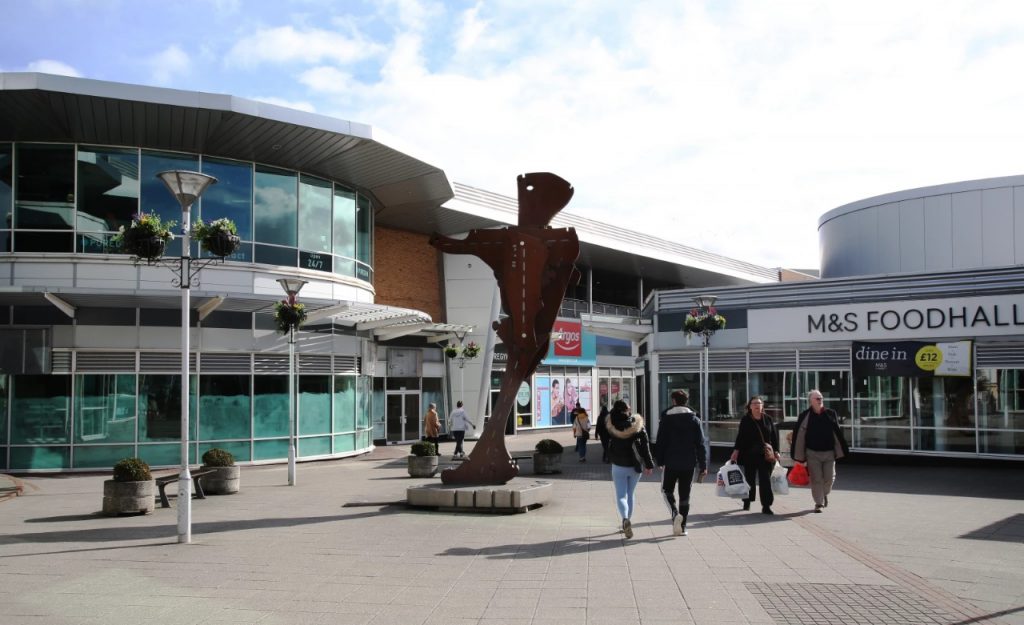
Middlesbrough
Middlesbrough’s vibrant town centre is packed with a good choice of shops, restaurants, bars, nightclubs and entertainment venues. Relax in the Centre Square and surrounding parks, galleries, and museums. Here are iconic places you need to visit:
- Captain Cook Birthplace Museum tells the story of one of the world's greatest navigators and mariners through themed display galleries, temporary exhibitions, associated activities, and events
- Nature's World is UK's pioneering eco-experience that provides you with information, education, ideas, and inspiration for looking after the environment.
Student Visa

Indonesian nationals looking to study in the UK will need a visa, namely a Student Visa.
To obtain the Student Visa you will need to receive an offer from the university, then the university will be able to give you a Confirmation of Acceptance of Studies (CAS). You must apply for your visa no more than 6 months after receiving your CAS. (Please note that your chosen university needs to be approved by the UK government as a licensed Tier 4 sponsor).
Cost*
The cost to apply for this visa from outside the UK is £348, which you must pay per person for any dependants.
Immigration Health Surcharge (IHS)*
If you are applying for a Student Visa and coming to the UK for 6 months or longer, you will be required to pay IHS as part of the visa application fee.
Students will be required to pay £300 per year for the duration the visa will be granted. If the leave includes part of a year that is 6 months or less, the amount payable for that year will be £150. If the leave includes part of a year that is more than 6 months, the full annual amount of £300 will be payable.
When to Apply
You can apply as early as 3 months before you start your course and you will be able to know the decision within 3 weeks.
Documents
- Valid passport Confirmation of Acceptance of Studies (CAS)
- Proof that you can support yourself and pay for your course - this will vary depending on your circumstances
- Proof of parental or other legal guardian consent, if you’re under 18
- Proof of your relationship with your parent or guardian, if you’re under 18
- Your tuberculosis test results if you are from a country where you have to take the test
During the course of your study, you are also able to take part-time jobs, work placement, or internships during your study. The hours and type of work will depend on the type of visa and your sponsoring university.
*Please be mindful that the fee and the processing time might be different from time to time. You may check with our team for the most updated information.
Can you do a part-time job in the UK with your Student Visa? Read this article to find out what you can and cannot do.
English Language Proficiency
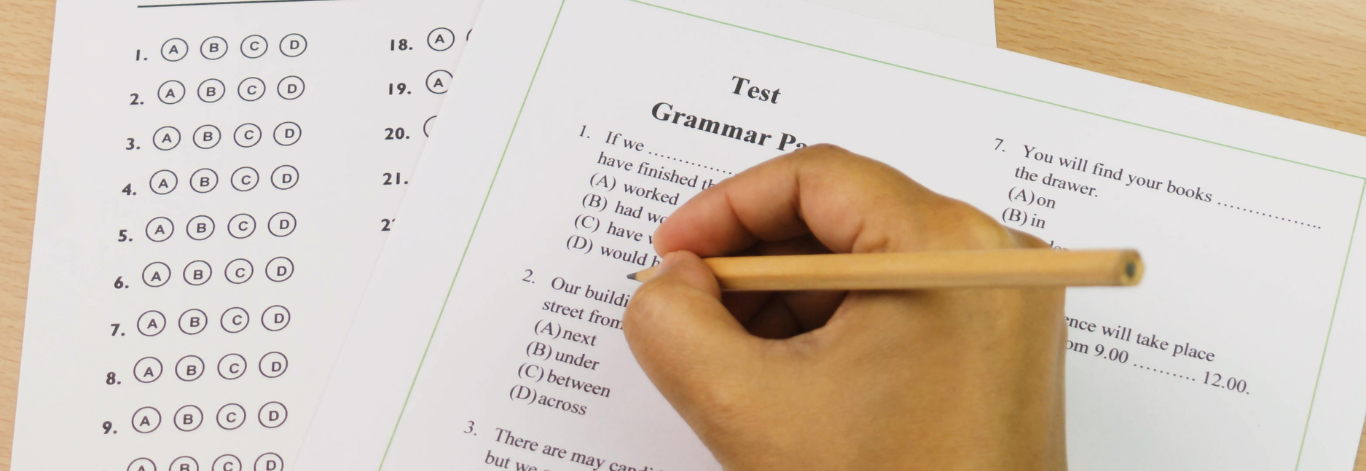
During your visa application process you are required to prove your knowledge of English by passing a Secure English Language Test (SELT), where your reading, writing, speaking and listening abilities are tested.
You can only take an SELT with one of the following:
- IELTS SELT Consortium (UK or overseas)
- LanguageCert (UK or overseas)
- Trinity College London (UK only)
- Pearson (UK and overseas)
Several UK universities have been more flexible as a response of the pandemic, offering various forms of English language tests to make it easier for applicants. English language tests that are valid for applications are as follows:
- TOEFL IBT Home Test
- Pearson Versant English Placement Test
- Language Cert ESOL
- IELTS Indicator
- Cambridge CPE/CAE
- Cambridge International General Certificate of Secondary Education (IGCSE)
- Trinity Integrated Skills in English (ISE) Level III/IV
- NCUK English Language Test
The above tests are valid if they are taken within two years of the commencing of your chosen course of study. Each university has different criteria for its entry requirements. Please refer to your university of choice’s website to make sure you fulfill the specifications.
You may take English Language Qualification at one of our partner institutions; British Council Jakarta at:
- British Council Office 8 Building, Ninth Floor Sudirman Central Business District (SCBD), Lot. 28 Jl. Jend. Sudirman Kav. 52 – 53 (Jl. Senopati Raya No.8B) Jakarta 12190
You may read more about the English qualifications on GOV.UK
Graduate Route Visa

As of 1 July 2021, international students who have completed their undergraduate or postgraduate studies in the UK will be able to benefit from two years' work experience in the UK. PhD graduates will be able to stay in the UK for three years.
Applying for Graduate Route Visa
The Graduate Route will require a new visa application that is only possible from inside the UK. This include payment of a visa fee of £700 and the Immigration Health Surcharge at the full rate of £715 per year.
Distance Learning Students
Students who began their studies in the 2020-2021 academic year can also benefit from the Graduate Route, this also applies to those doing online learning with the following conditions:
- Applicants who started courses in 2020 and are unable to travel due to the pandemic will need to arrive in the UK by 27 September 2021.
- Applicants who began their studies in autumn 2020 or in spring 2021 will need to be in the UK with permission as a student by 27 September 2021.
- Students beginning their course this autumn or early next year will need to be in the UK by 6 April 2022.
Route to Settlement
With a Graduate visa you can work in most jobs except work as a professional sportsperson, opening up great opportunities for those of you who are looking to study abroad as well experience working in an international environment.
For more information visit GOV.UK
Accomodation & Living Cost

Accommodation
Upon your arrival at the university of your choice, it is highly recommended for first-year students to live in an accommodation within the campus area. Usually, the utility bills of an accommodation provided by the university are inclusive of electricity, water, heating, and WiFi. On average, accommodation provided by a university of your choice ranges from £100 to £200 per week, depending on the type of accommodation you choose (flat, shared house, etc).
You may choose to stay outside of the campus area, it is common for students to share accommodation with a roommate by renting an apartment/flat or house. Depending on the area and size, it costs around £200 to £400 per week. However, if you choose to stay in a private accommodation, please be mindful whether or not the utility bills are include.
Living Cost
Since the cost of living differs from city to city and also depends on your lifestyle, we advise you to visit the student support centre of your university to receive guidance and counseling regarding local attractions, getting around, where to buy groceries, and other facilities available in the city.
As a student, you will get a student discount on transportation, food, clothing, entertainment/media, health and beauty, school supplies, and many more. Budgeting is an important part of your study as an international student, a student budget calculator estimates the monthly expense based on which university you choose, complete with a breakdown of necessities. You can calculate an estimate of your spending here.
Want to find out what living in the UK as an international student is like? Visit the UK Council for International Student Affairs.
Travel
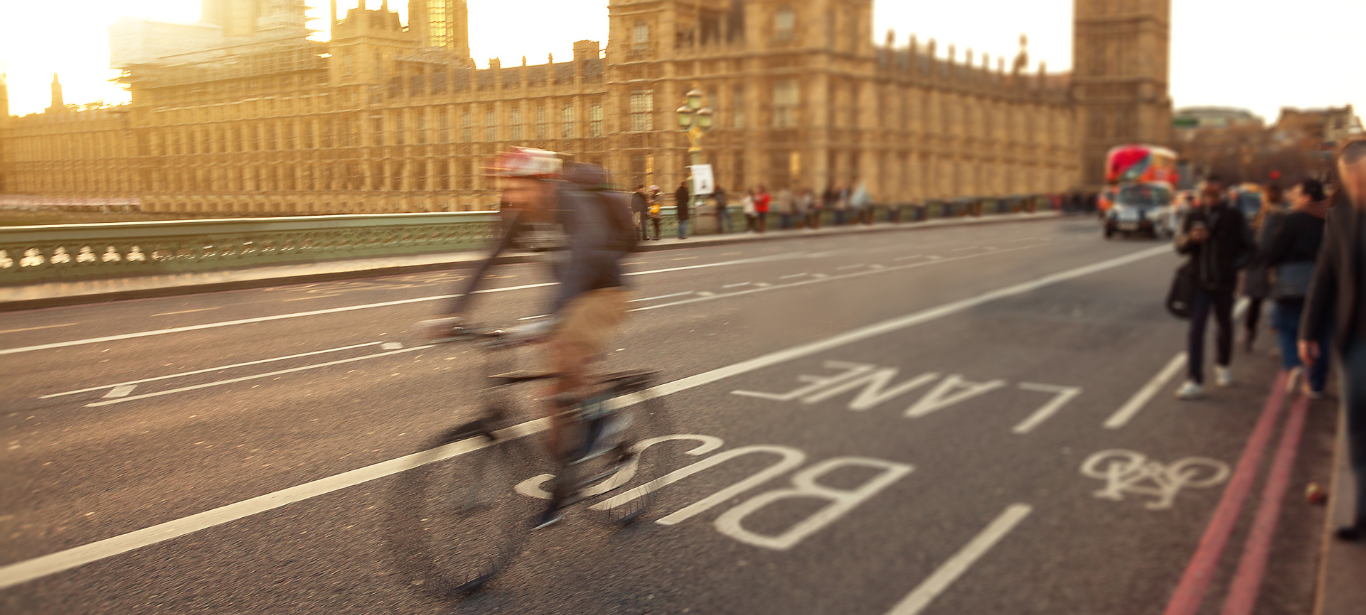
Getting Around
In general, getting around the city is accessible through public transportation. The UK has integrated public transportation ranging from bus, tube, tram, and train. Make sure to use your student discount when traveling to get a price cut in transport fares.
Cycling is also a great way for you to get around the city and, of course, to save money. Buying a second-hand bike is an option for students. If you choose to stay in the university residence you can bike to your campus. You can ride your bike safely in cycle pants throughout the UK. Nonetheless, if you are new to cycling around the UK you may need more experience to ride a bike in the city since not all cities are not large enough to have secure cycle lanes.
Safety first! We advise you to always wear a cycle helmet, high visibility jackets, or bibs and use several lights at night. You also need to invest in a good lock and always park your bike in a public area that is well lit at night, since cycle theft is common in the UK.
Read more tips from students in Cycling UK.
Fees
Transportation fares vary from city to city, big cities like London and Manchester are more expensive. You can travel to another city by train, bus or plane. Although it takes longer to ride the bus, it is the cheapest option and most preferred mode of travel for students on a budget. Plus, it is more fun to have your friends with you throughout your journey.
Individuals ages 16 to 25 can get up to 20% off on train travel in the UK if they purchase a Young Persons Railcard. If you are over 25 you will need your institution to prove that you are eligible by confirming you are a full-time student.
Please be advised that booking a ticket in advance, as prices tend to be more expensive when purchased on the spot.
Network in the UK

UK universities tend to have active engagements with their alumni and alma mater, you can build connections and network with them through events held by universities. Many universities provide training development programmes as part of the student support, you can also partake in internships, work placements, volunteering, and dissertation placements with companies that partnered up with the university.
This is a great opportunity if you are looking to develop skills for your professional benefit after graduating. If you ever felt homesick, you can check out the PPI UK (Perhimpunan Pelajar Indonesia), an active Indonesian student association spread throughout many cities in the UK. Through BritCham Education Centre itself you can also benefit to engage with our natural stakeholders in the UK including (but not limited to) Young Indonesian Professional Association (YIPA).
Why is it important to network while studying in the UK?
Networking allows you to meet various people from different backgrounds, broadening your perspectives and prospects. While it is beneficial for you to know different networks, the key is to know the right people. Having a network while studying in the UK allows you to:
- Develop social and networking skills
- Career advancement
- Global connections and opportunities
- International outlook
You might also have career opportunities post-graduation in the UK or even work in a branch office of a UK company in Indonesia. The opportunities are vast.






